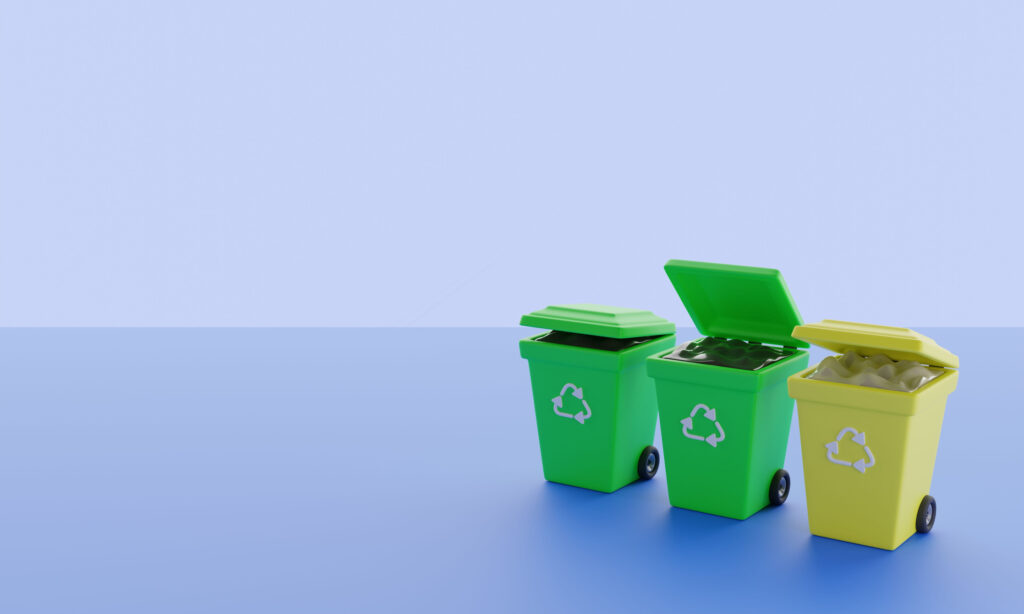What Can We Do About Pollution?
Objective
Students will be able to:
- Define and provide examples of externalities.
- Compare and contrast three approaches to address negative externalities.

Description
In this lesson from the Ethics, Economics, and Social Issues curriculum, students study ways to reduce externalities. To do this, they play a word-guessing game in which they try to maximize the “production” of words, while keeping noise – an externality – to a minimum. In the game, teams of students try to guess a word that is acted out by one teammate by playing Charades – with one round where they can talk and the second where there is no talking, only gestures. Students can also try to guess the word using talking – in the style of the classic games Taboo™ or Catch Phrase™. The version of the game using talking is much easier, but it creates noise. With noise as a metaphor for pollution, the students do three different versions of the game that reflect classic strategies in environmental economics for reducing externalities, including cap and trade.
Economics
Markets fail to deliver the optimal amount of goods and services when producers and consumers do not “feel” all the effects of their market choices. When someone makes a choice where some of the costs and benefits of that choice spill over to a third party, this is called an externality. Externalities can be any “spillover” behavior, from noise pollution to carbon emissions. When externalities exist, too much or too little of a good or service is consumed/produced at the market price. Pollution is one of the most persistent externalities, and finding ways to reduce pollution is a critical social and ethical issue. The possible solutions revealed in this lesson help students better understand how to deal with pollution.
Teacher note: Externalities can be positive (spillover benefit) or negative (spillover cost). While the two are important to production and consumer decisions the focus on this lesson will be on negative externalities.
Ethics
Ethics is the study of right and wrong. Ethical frameworks help explain human behavior and evaluate policies, even if the frameworks seem to conflict with one another. In this lesson, we focus especially on outcome-based ethics and the twin problems of human and environmental well-being. That is, we will study the effects of people’s choices on other people and the physical environment. This includes all forms of pollution, including carbon emissions. By analyzing the outcomes of various approaches to solving environmental problems, students will consider solutions to the question “what can society do if someone’s behavior is putting a burden on others?”
Resources
What Can We Do About Pollution – Demonstraton of Lesson Video (For teachers to watch, not for students.)